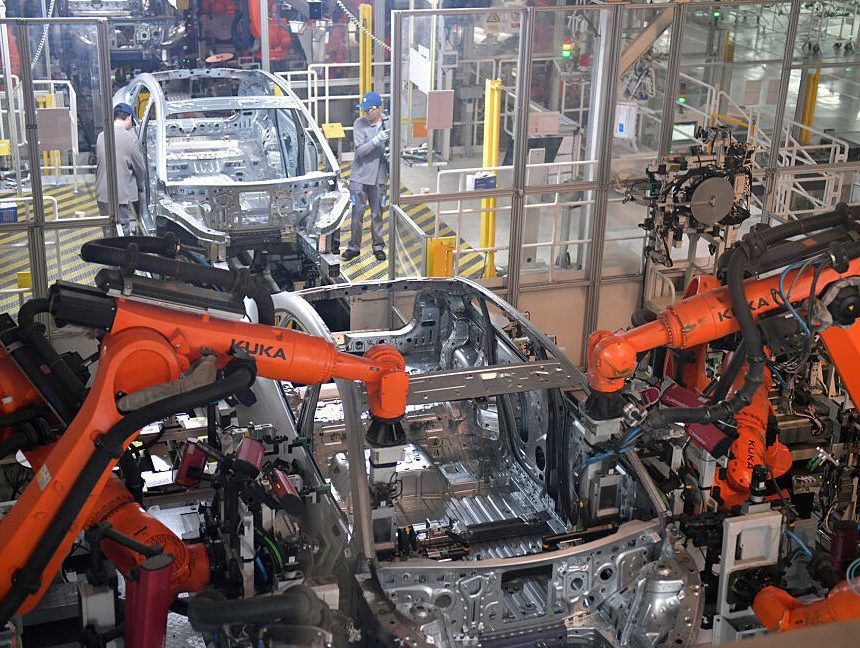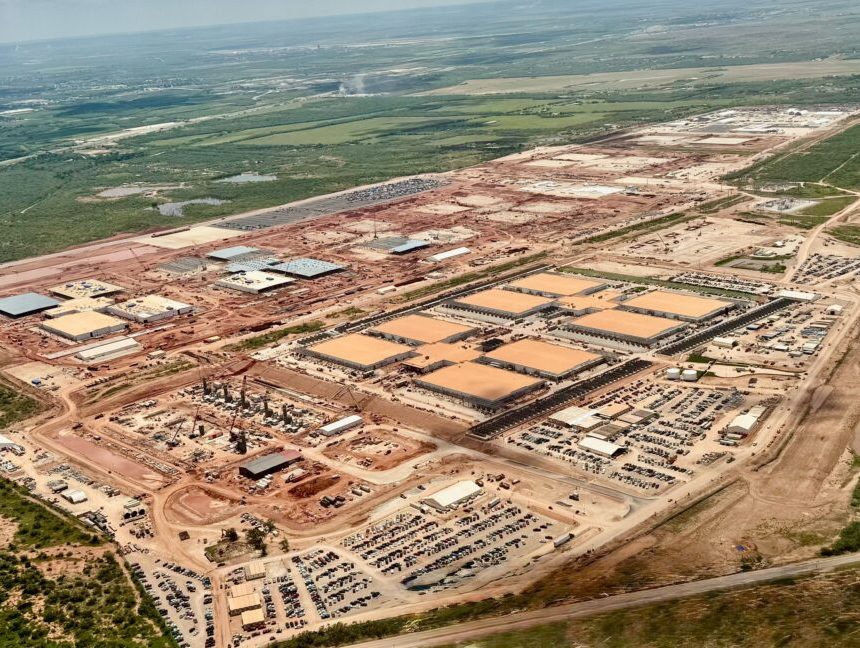Meta signed three deals this week to procure nearly 1 gigawatt of solar power as it races to power its lofty AI ambitions.
The trio of agreements brings Meta’s total solar purchases to over 3 gigawatts of capacity this year. Solar is cheap and quick to build, and as a result, it has become a go-to power source for tech companies as their data center fleets multiply in size.
Meta yesterday announced two agreements in Louisiana that see it buying the environmental attributes of a combined 385 megawatts of electricity. Both projects are expected to be completed two years from now.
They follow on the heels of a larger deal announced Monday in which Meta bought 600 megawatts from a massive solar farm near Lubbock, Texas. The project will also start commercial operations in 2027.
While the Texas power plant won’t connect directly to Meta data centers, it will feed into the local grid, offsetting use by the facilities.
The Louisiana deals, though, involve purchasing of certificates that allow Meta to offset its carbon-intensive sources of power.
Such environmental attribute certificates (EACs), sometimes called renewable energy certificates, have been criticized by experts for obscuring the true carbon footprint of tech companies’ operations, which have ballooned as AI has driven up electricity use.
Techcrunch event
San Francisco
|
October 13-15, 2026
EACs were introduced years ago when renewables were costly relative to fossil fuel generators. They let anyone buy the electricity, but also gave companies an option to pay extra to offset their own emissions — and offset the higher costs of renewable power. They helped encourage developers to build more renewable projects.
But the cost of new solar and wind has dropped dramatically since then, with renewables undercutting new fossil power and sometimes existing coal and natural gas power plants. EACs don’t provide the same incentive as before, and experts question how much additional renewable power they stimulate.
If companies truly want to offset their new energy use from AI, they should be encouraging developers to build new renewable capacity, experts argue.


